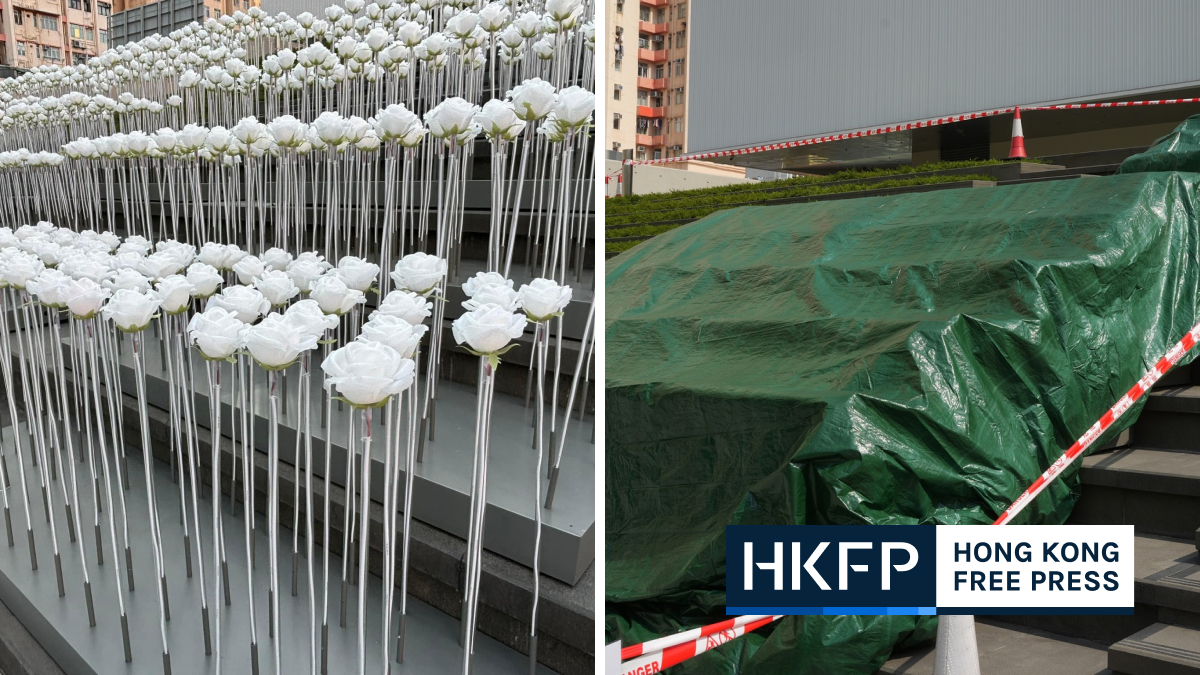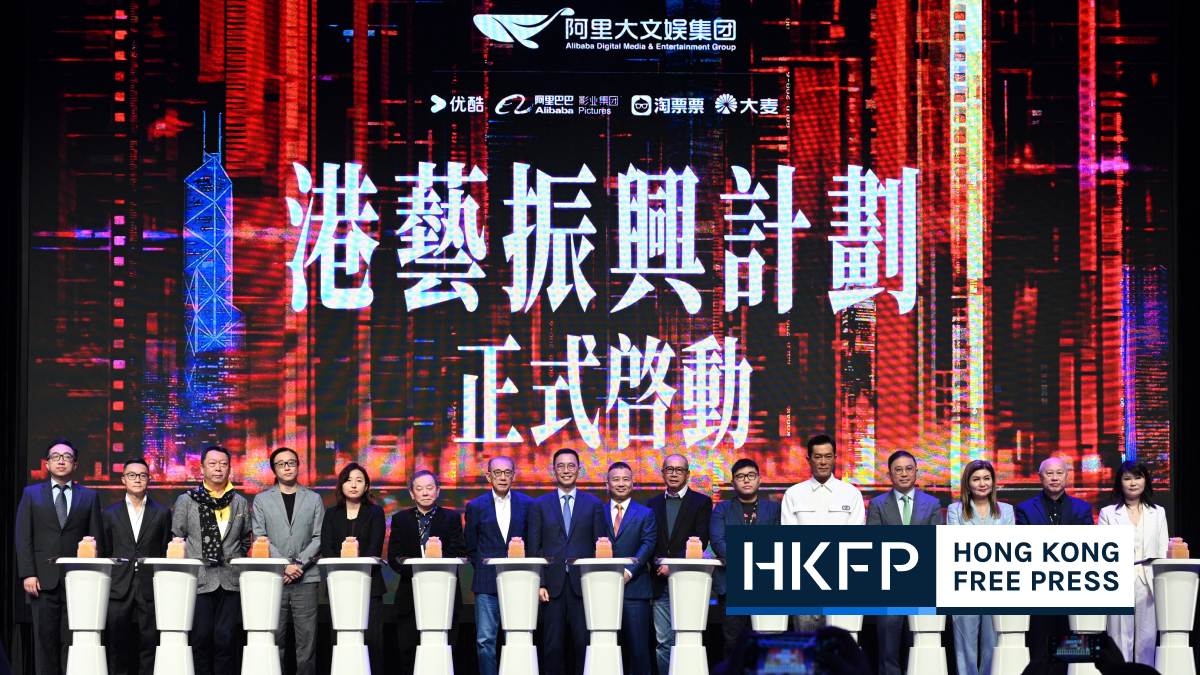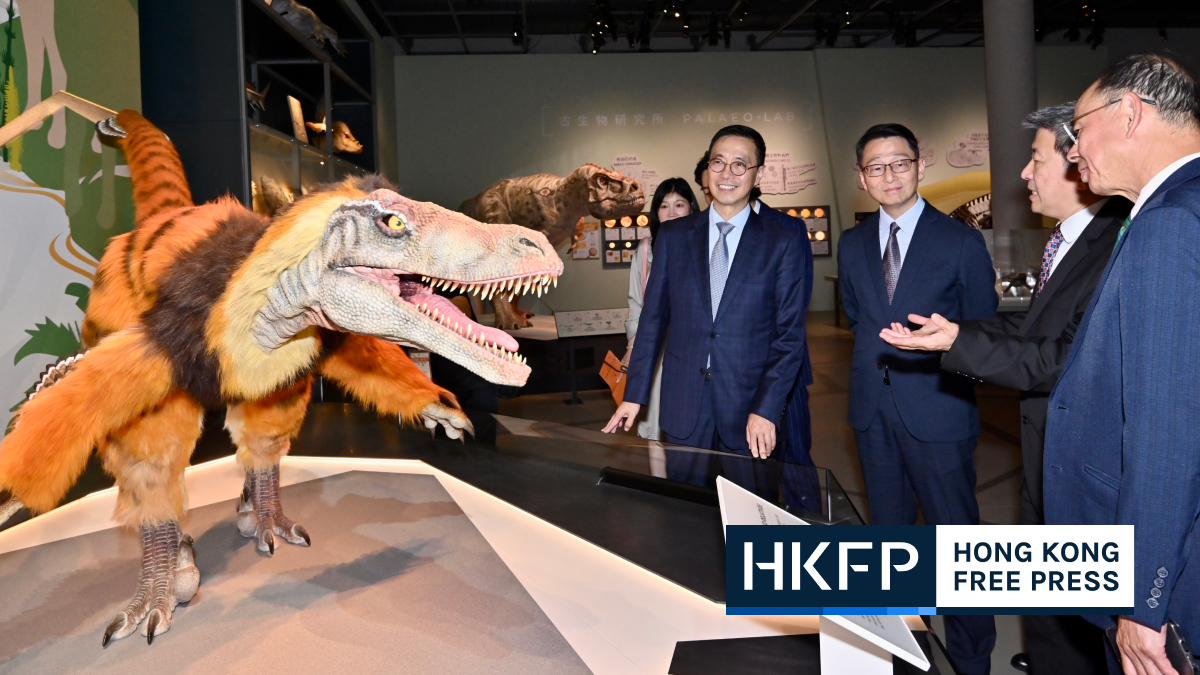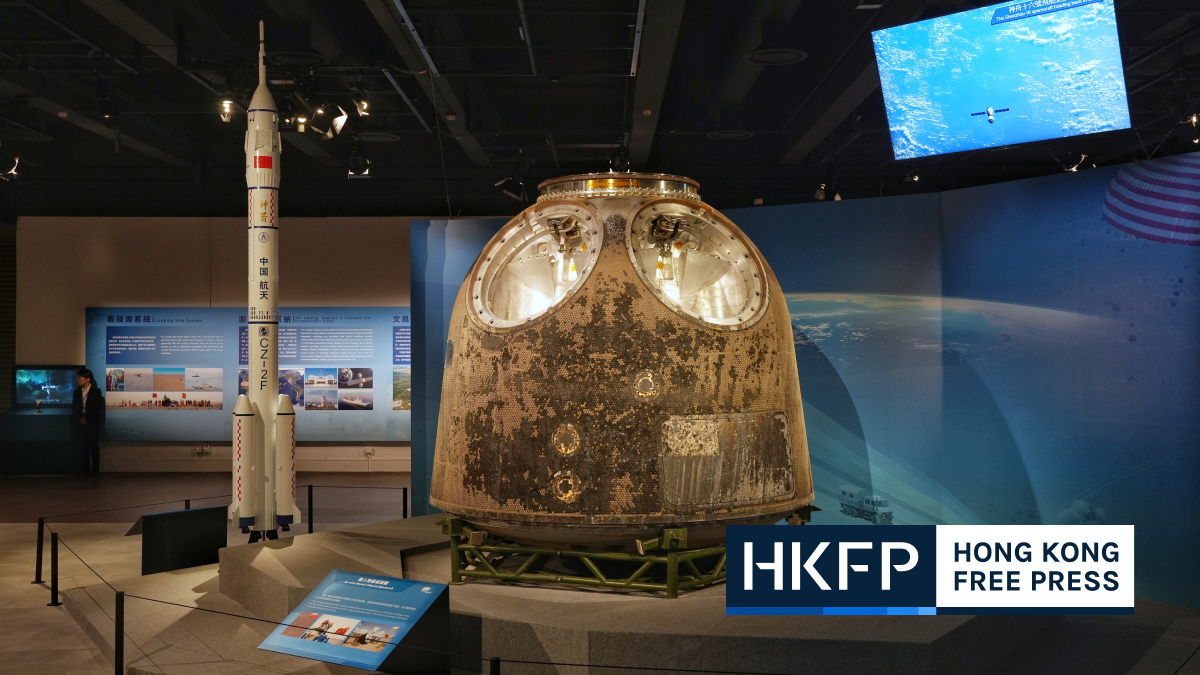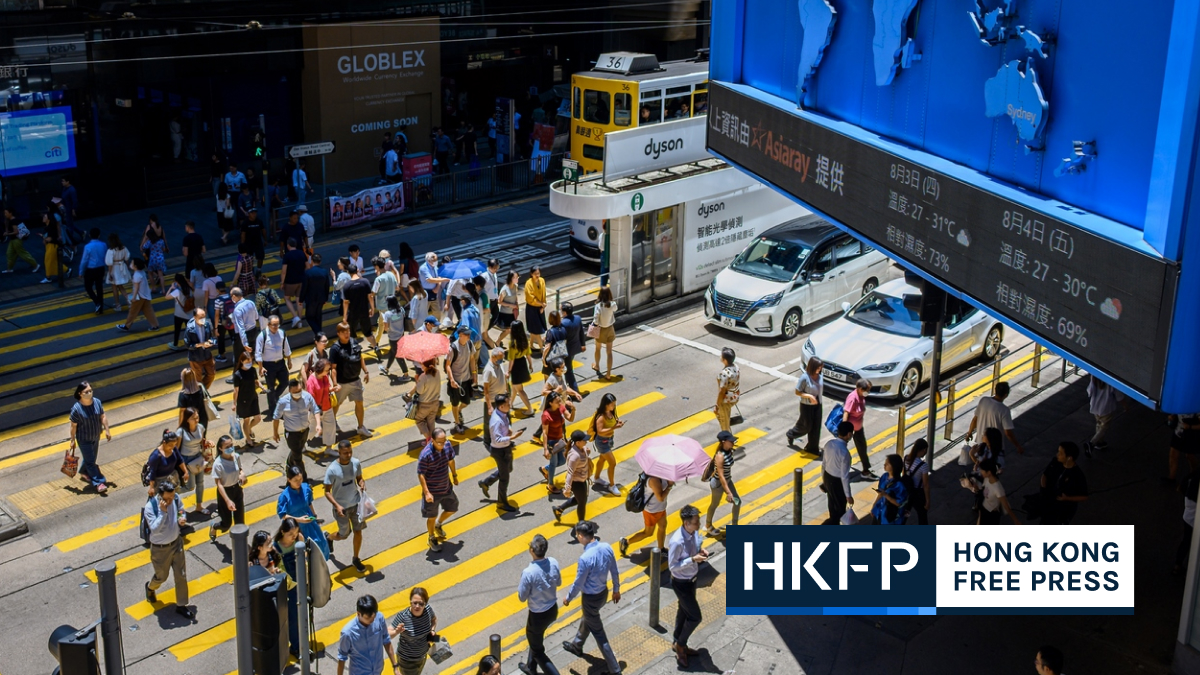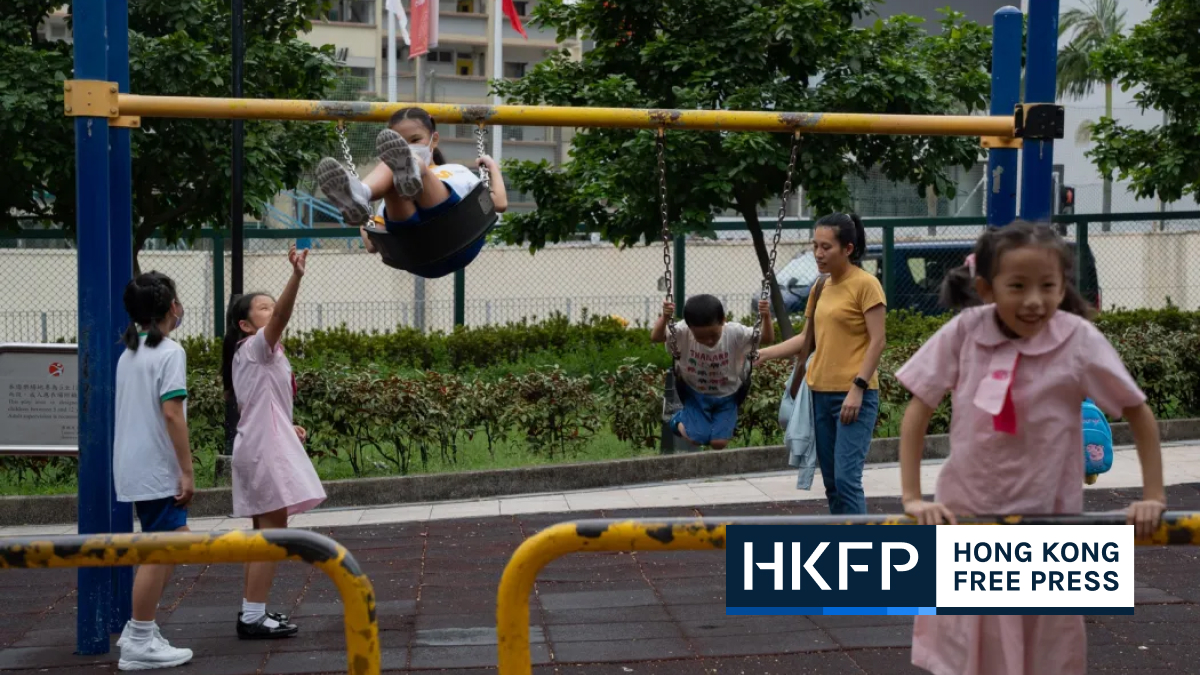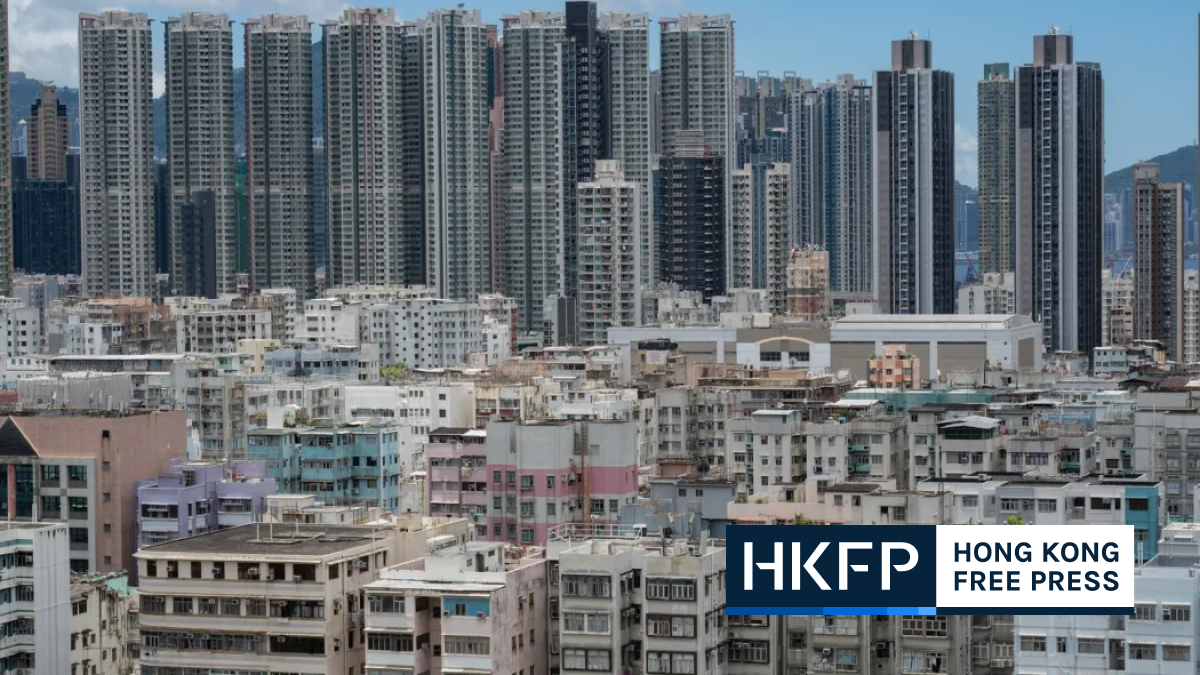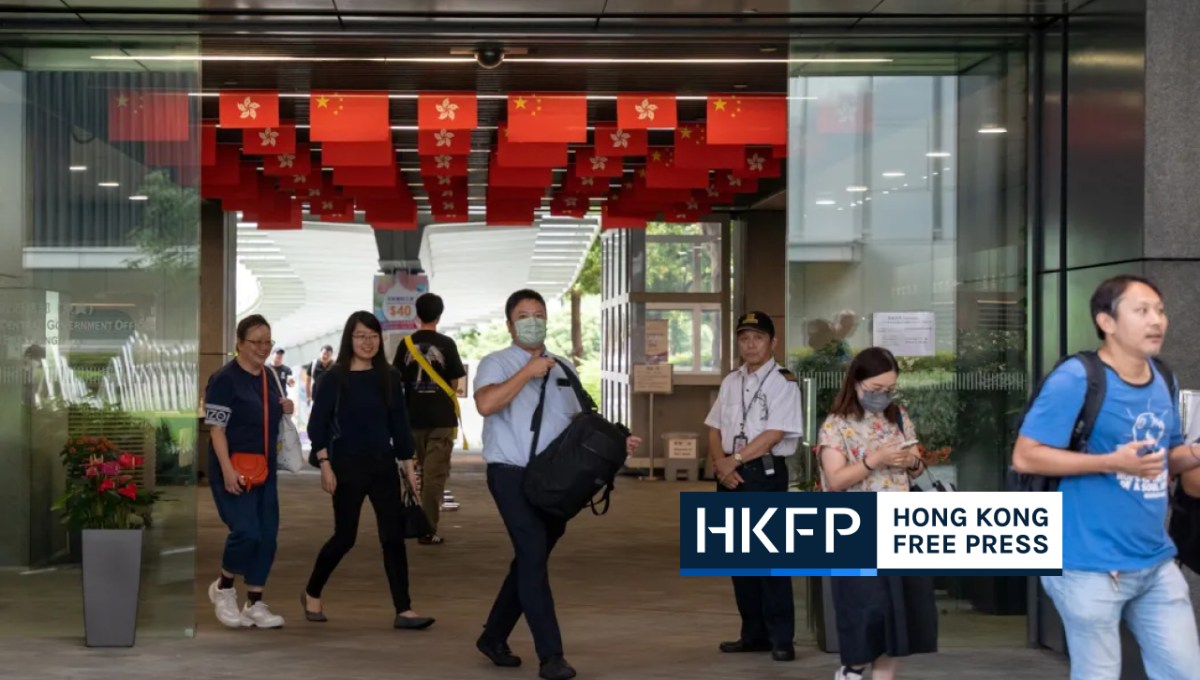Hong Kong will offer a one-off HK$20,000 bonus to parents to incentivise them to have children amid the city’s declining birth rate, Chief Executive John Lee has announced in his second Policy Address.
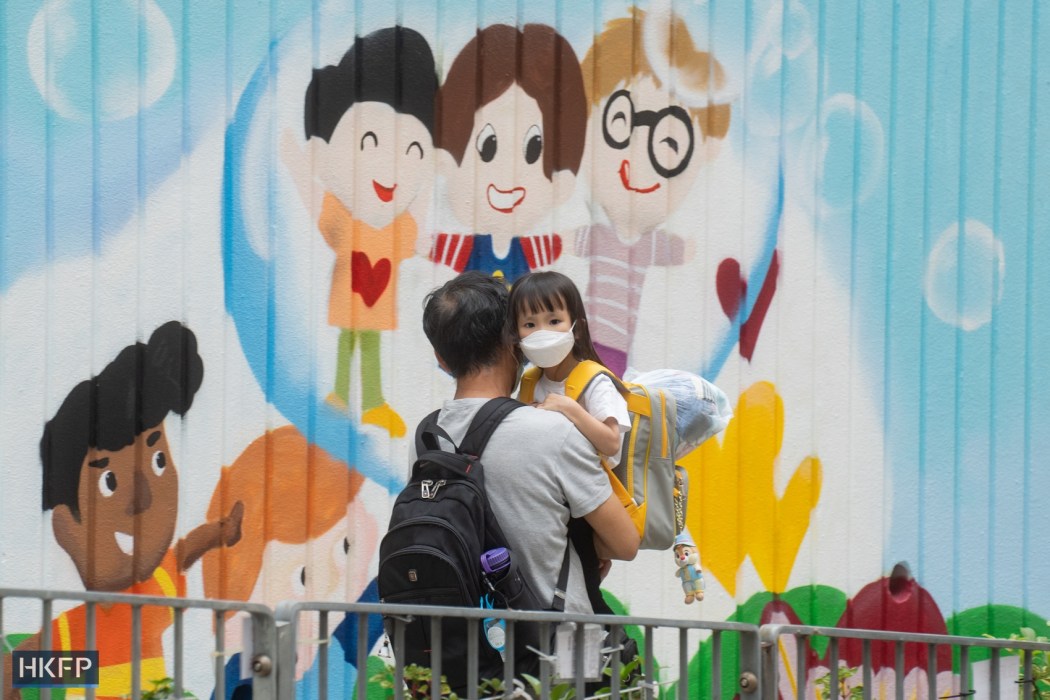
Addressing lawmakers on Wednesday, Lee said “we will provide a one-off cash bonus of $20,000 for each baby born today or after in Hong Kong to a parent who is a Hong Kong permanent resident.” The measure will remain in place for at least three years before it is reviewed.
The announcement came on the back of pro-establishment lawmakers urging the government to enact policies to promote childbirth.
Earlier this month, the Democratic Alliance for the Betterment and Progress of Hong Kong (DAB) called on the government to provide a HK$10,000 subsidy for families to encourage them to have children. It also urged authorities to give parents tax breaks to hire domestic workers, as well as offer greater support for egg freezing and in vitro fertilisation.
Ahead of last year’s Policy Address, the pro-establishment New People’s Party suggested that the government could offer a HK$20,000 bonus to new parents. In February, the party’s chairperson Regina Ip said she welcomed people to come to Hong Kong via the Top Talent Pass Scheme – a visa programme aimed at attracting professionals to Hong Kong – to give birth in the city.

Hong Kong’s fertility rate has fallen to a record low in recent years. The fertility rate in 2021 stood at 0.77, down from 1.29 in 2012, according to official figures. The population is also getting married at a later age.
The number of couples without children has also overtaken one-child families in Hong Kong, a survey found in August.
Separately, the city’s Housing Authority will begin prioritising families with children to help them purchase subsidised flats under home ownership schemes. At present, about 10 per cent of applicants are families with children, according to government sources.
Families with newborns who are in the queue for public housing will also be prioritised by having their wait times reduced by one year, Lee said. The arrangements will come into effect from next April. Of the 133,000 public rental housing applications last year, around 4 per cent were families with children aged under one, government sources said.
Lee also announced tax breaks for new parents, saying “we will raise the deduction ceiling for home loan interests or domestic rents from the current $100,000 to $120,000… for taxpayers who live with [their] first child born today or after until the child reaches the age of 18.”
Lee also said the Hospital Authority (HA) would increase the quota for IVF treatment from 1,100 treatment cycles per year to 1,800 cycles. The HA will also enhance training for related personnel.
The government will enhance support for working families by increasing the Working Family Allowance, a subsidy scheme for low-income families, by 15 per cent.
The city will also set up more subsidised childcare centres, providing around 900 more places for childcare services by 2027.
The Social Welfare Department’s After-School Care Programme for Pre-primary Children, which caters to children whose parents are unable to care for them due to work, will be expanded. The number of service places will double from around 670 to nearly 1,200, Lee said.
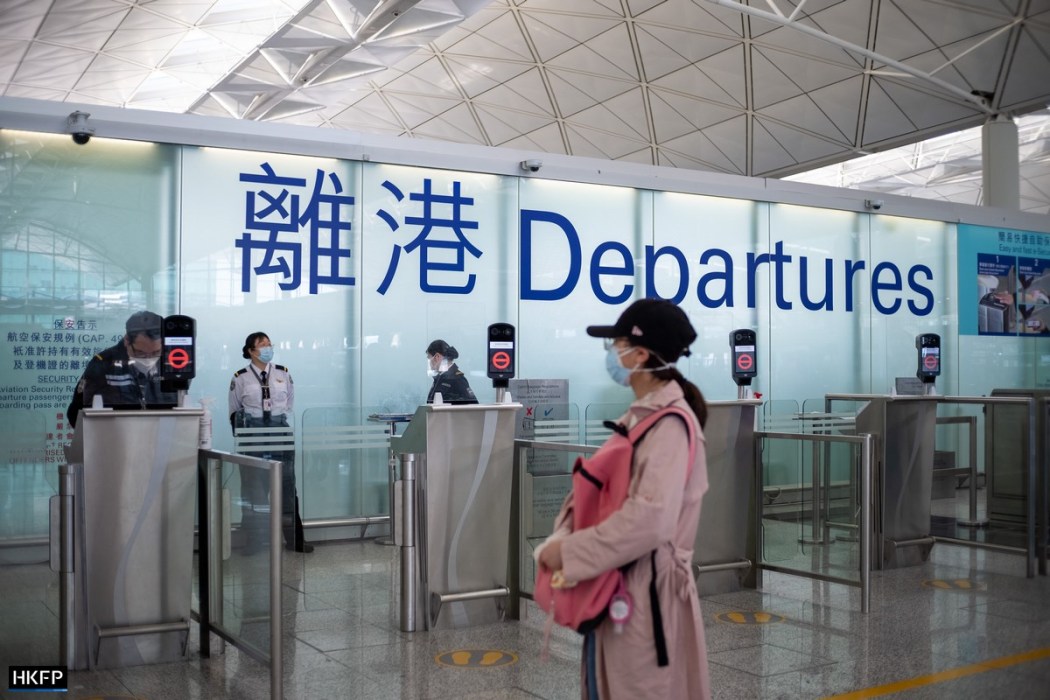
Hong Kong experienced a significant population decline in recent years, seeing its largest mid-year population decline ever in 2022, according to official statistics.
The exodus bas been felt across industries from banking to education, and saw Lee’s administration announce a number of measures in last year’s Policy Address to try and attract professionals back to the city.
Young women HKFP spoke to in May shared their thoughts on raising children in the city, saying they did not think it provided a good environment for kids. One, a mother of a two-year-old, said issues lay in recent changes to the education system and said she planned to move her family overseas.
See also: ‘Why would anyone want a kid?’ – How Hong Kong’s fertility rate sank to the world’s lowest
Local media reported recently that there had been a “baby boom” among Hong Kong couples who had moved to the UK under a citizenship route launched in the wake of Beijing’s implementation of a national security law.
“It is an indisputable fact that the school-age population is declining,” the Education Bureau said in a document submitted to the Legislative Council in March.
Internationally, financial incentives have had little impact on reversing a decline in the number of babies born without generous parental-leave and childcare policies in place. In Hong Kong, critics have argued that prospective parents require more fertility support.
The city’s falling fertility rate could result in undue pressure being placed on the public health care system by an ageing population, and fewer working-age people may mean a weaker economy.
Support HKFP | Policies & Ethics | Error/typo? | Contact Us | Newsletter | Transparency & Annual Report | Apps
Help safeguard press freedom & keep HKFP free for all readers by supporting our team


